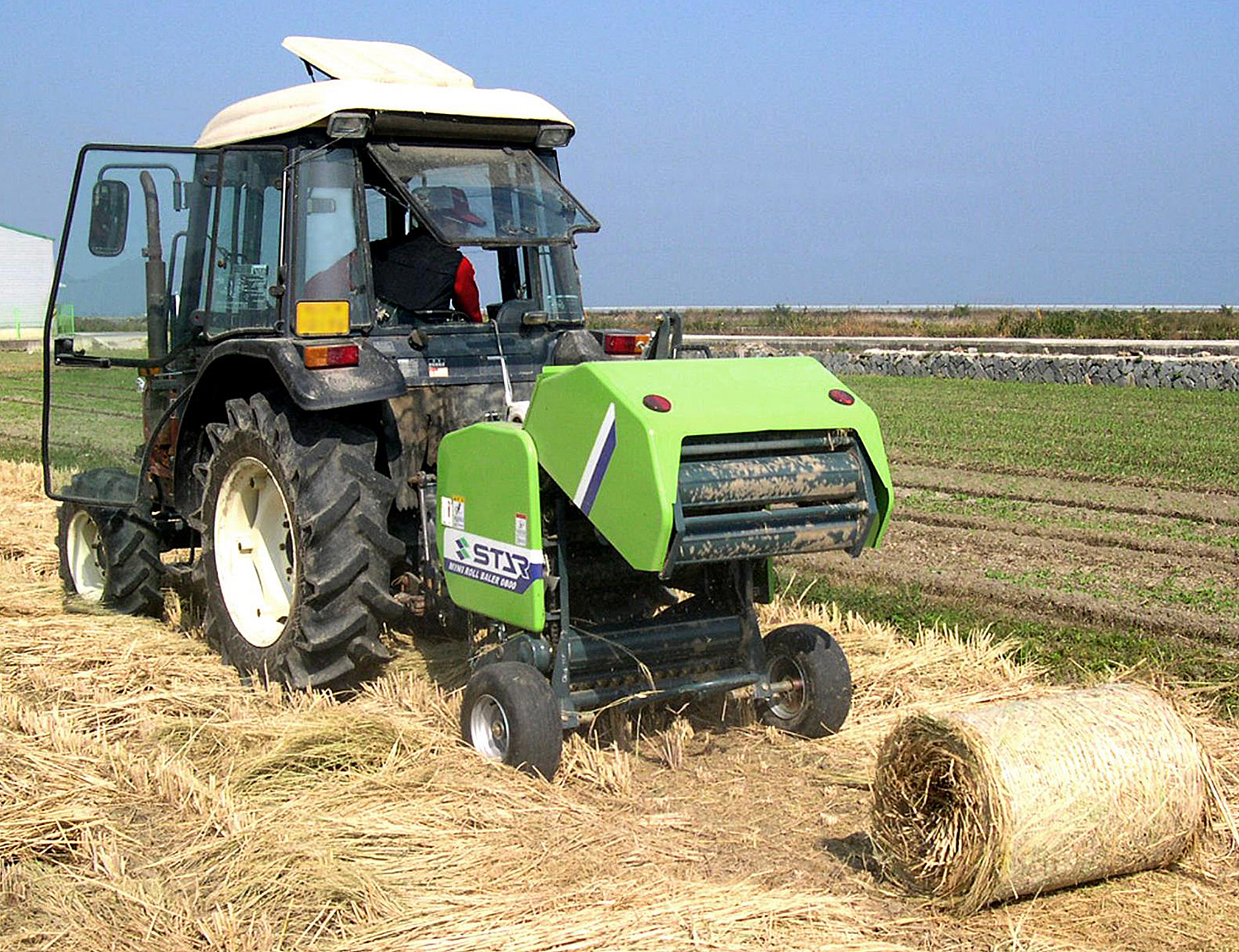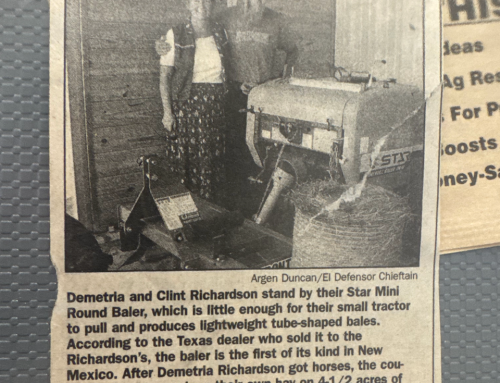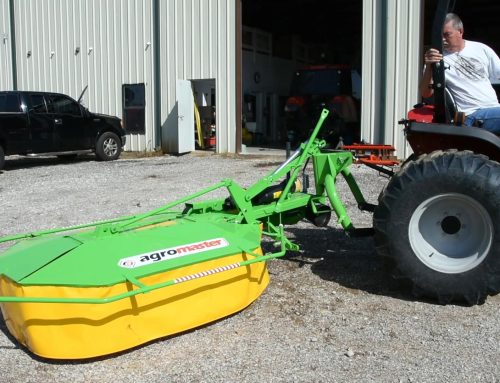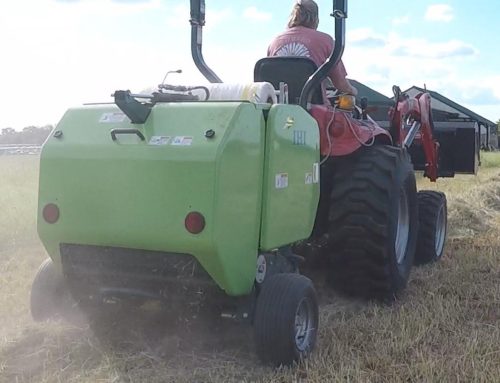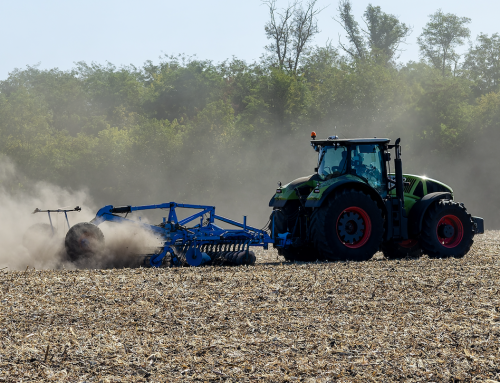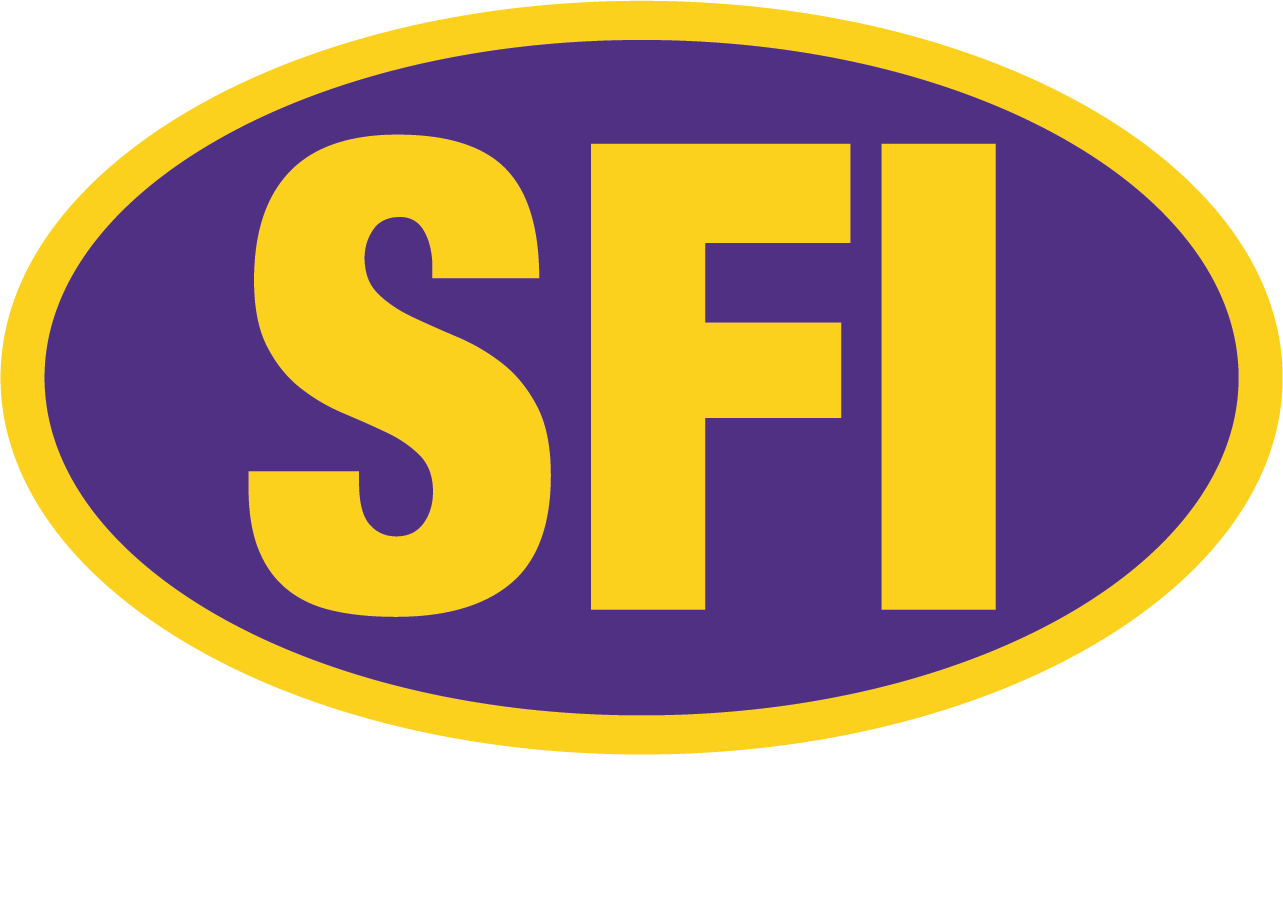Understanding the Current Tariff Landscape
The agricultural equipment market continues to face significant challenges as tariffs on machinery imported from Japan, Turkey, and Italy persist with no relief in sight. These trade policies have created a ripple effect throughout the industry, particularly affecting specialty equipment like mini round balers that many small-scale farmers rely on.
Recent trade data shows that the current administration’s tariff policies have increased import costs by 15-25% on equipment from Japan alone, with similar impacts on machinery from Turkey and Italy. These increases are directly affecting farmers’ access to high-quality, reliable equipment at reasonable prices.
The False Economy of Cheaper Alternatives
As tariffs drive up prices on premium equipment, some farmers are understandably tempted to explore less expensive options from countries like China and India. However, at Small Farm Innovations, we’ve witnessed a concerning pattern: customers who initially chose these lower-cost alternatives often return disappointed, seeking to trade in their problematic equipment for our Japanese-made IHI or Takakita balers.
The feedback we receive about these cheaper units is consistently negative, with farmers reporting:
- Frequent breakdowns during critical harvest windows
- Poor build quality and durability
- Inconsistent bale formation
- Difficulty obtaining replacement parts
- Higher long-term maintenance costs
One customer recently told us: “I thought I was saving money with my Chinese-made baler, but after missing a week of perfect haying weather due to breakdowns, I realized it was actually costing me thousands in lost hay quality.”
The Hidden Value of Japanese Engineering
Despite the price increases driven by tariffs, our Japanese-manufactured mini round balers continue to offer exceptional value for several key reasons:
1. Self-Contained Hydraulic Systems
Unlike many alternatives, our Japanese balers feature their own integrated hydraulic systems. This critical design element means:
- Less strain on your tractor’s hydraulics
- Consistent performance regardless of tractor capabilities
- Reduced risk of hydraulic system failures
2. Lower Power Requirements
Our mini round balers are specifically engineered to operate efficiently with smaller tractors, requiring minimal horsepower while maintaining productivity. This makes them ideal for small-scale operations where a 75+ HP tractor isn’t practical or affordable.
3. Reduced Maintenance Needs
Perhaps most importantly, our Japanese balers require significantly less maintenance than both their cheaper counterparts and larger used balers. This translates to:
- Fewer unexpected repairs during critical haying windows
- Lower annual maintenance costs
- Longer equipment lifespan
- More reliable operation season after season
The Used Equipment Gamble
Some farmers attempt to sidestep tariff-related price increases by purchasing used large balers. While this approach might seem economical initially, it often proves problematic for several reasons:
- Limited Availability: Unlike large round balers, quality used mini round balers are increasingly scarce in the market.
- Unknown History: Used equipment often comes with hidden problems that only become apparent at the worst possible moment—typically during your hay harvest.
- Excessive Maintenance: Older large balers frequently require extensive maintenance, specialized knowledge, and expensive parts.
- Oversized for Small Operations: Large balers are often impractical for small acreages, requiring more powerful tractors and producing bales too large for small-scale handling equipment.
As one customer who switched from a used large baler to our Japanese mini baler noted: “I spent more time working on my old baler than actually baling hay. My new Takakita has paid for itself just in the time and frustration I’ve saved.”
The True Cost Calculation
When evaluating equipment options, we encourage farmers to consider the total cost of ownership rather than just the initial purchase price:
- Initial Equipment Cost+ Maintenance Expenses+ Downtime Losses+ Equipment Lifespan= True Cost
While tariffs have unfortunately increased the initial cost component of our premium Japanese, Turkish, and Italian equipment, the other factors in this equation still strongly favor investing in quality.
Our Commitment to Your Success
At Small Farm Innovations, we understand that every equipment purchase represents a significant investment in your operation’s success. Despite the challenges posed by ongoing tariffs, we remain committed to offering the highest quality mini round balers available.
Our team brings decades of combined experience in small-scale haying operations. We don’t just sell equipment—we provide the knowledge, support, and expertise to ensure your success. As we often tell our customers: “If you want hay in the barn, go with SFI because we have the knowledge, experience, and especially the equipment to make it happen.”
While we can’t control international trade policies, we can help you navigate them to find the most cost-effective, reliable solution for your specific needs. The current tariff situation has actually brought our premium Japanese equipment back into closer price competition with lower-quality alternatives, making now an excellent time to invest in equipment that will serve your operation reliably for years to come.
Have questions about how tariffs are affecting specific equipment prices? Contact our team at ((979) 200-0766 for the most current pricing and availability information.

